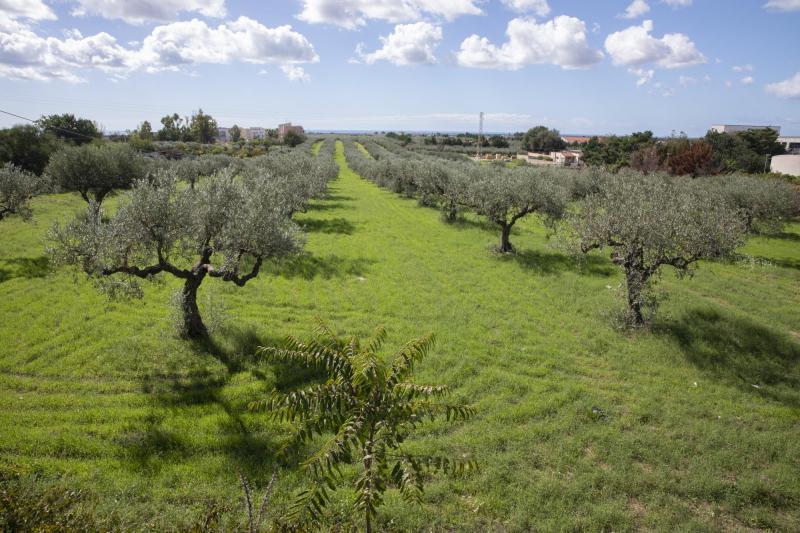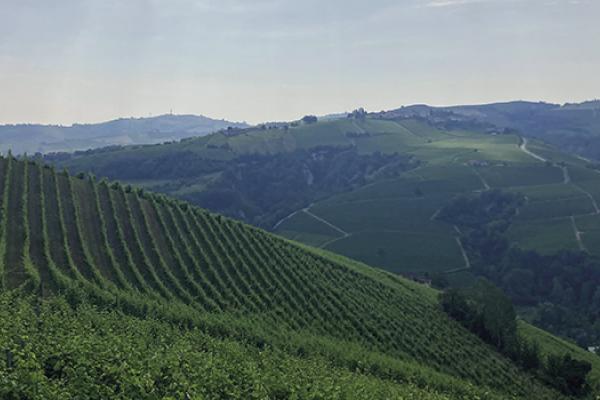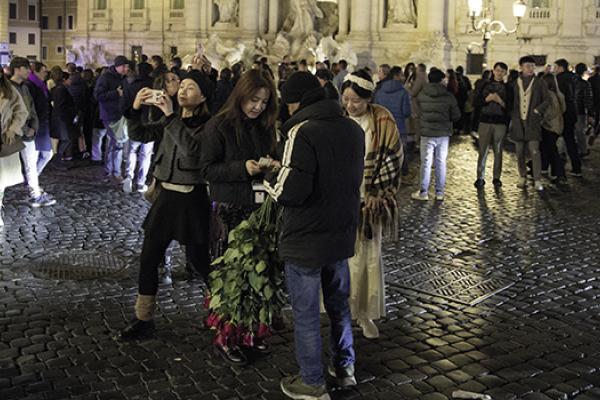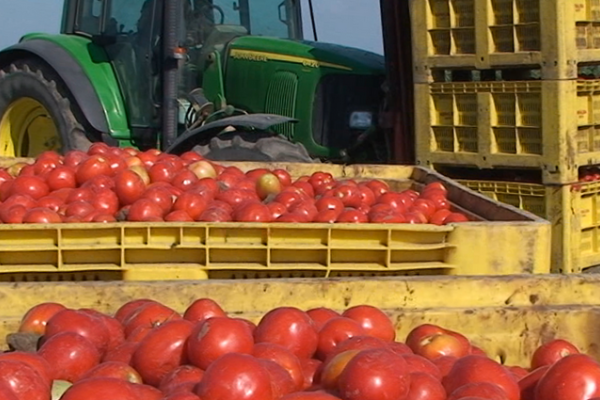Pushed to the brink by poverty, food insecurity and conflict — issues that are being exacerbated by mounting environmental crises — thousands of migrants arrive on the shores of southern Europe, seeking a better life. However, many find themselves exploited, with large numbers being recruited for seasonal farm work in terrible conditions. They are exposed to some of Europe's hottest temperatures during heatwaves, as well as dangerous living conditions where fires and a lack of sanitation are common.
Not only are they forced to live in overcrowded, filthy rural settlements known as 'ghettos', which resemble refugee camps, but they also have to endure low pay and smothering heat. One such settlement is the makeshift encampment in Campobello di Mazara in Sicily, which is home to hundreds of African migrant farm workers, most of whom are from The Gambia, Senegal and Tunisia.
Meanwhile, consumers in the Netherlands and the UK rarely question the origin of their tomatoes and olives. This investigation aims to shine a light on the murky ring of exploitation that brings these products from southern Europe to supermarkets and restaurants in the wealthy north of the continent.








